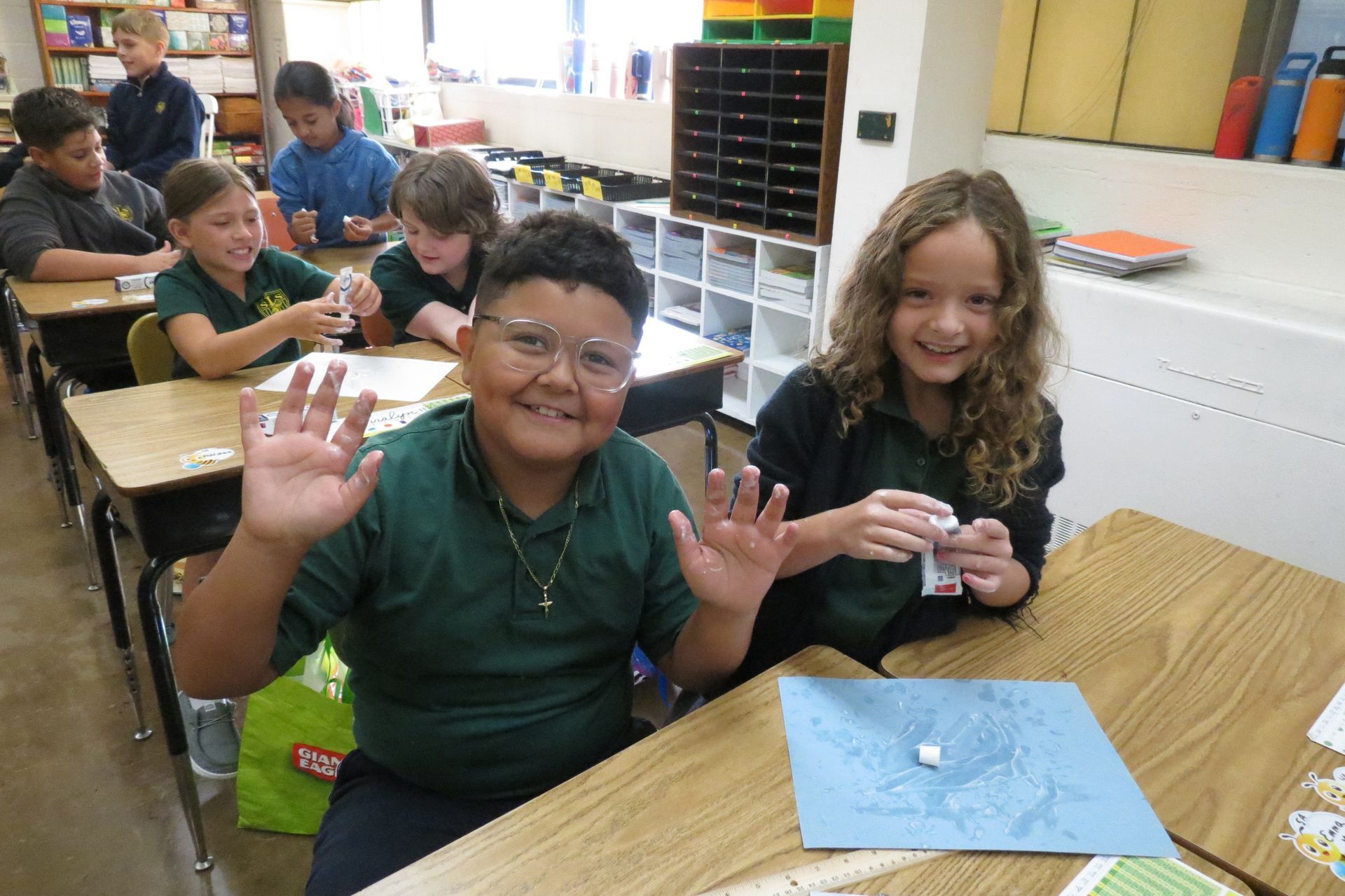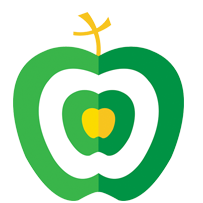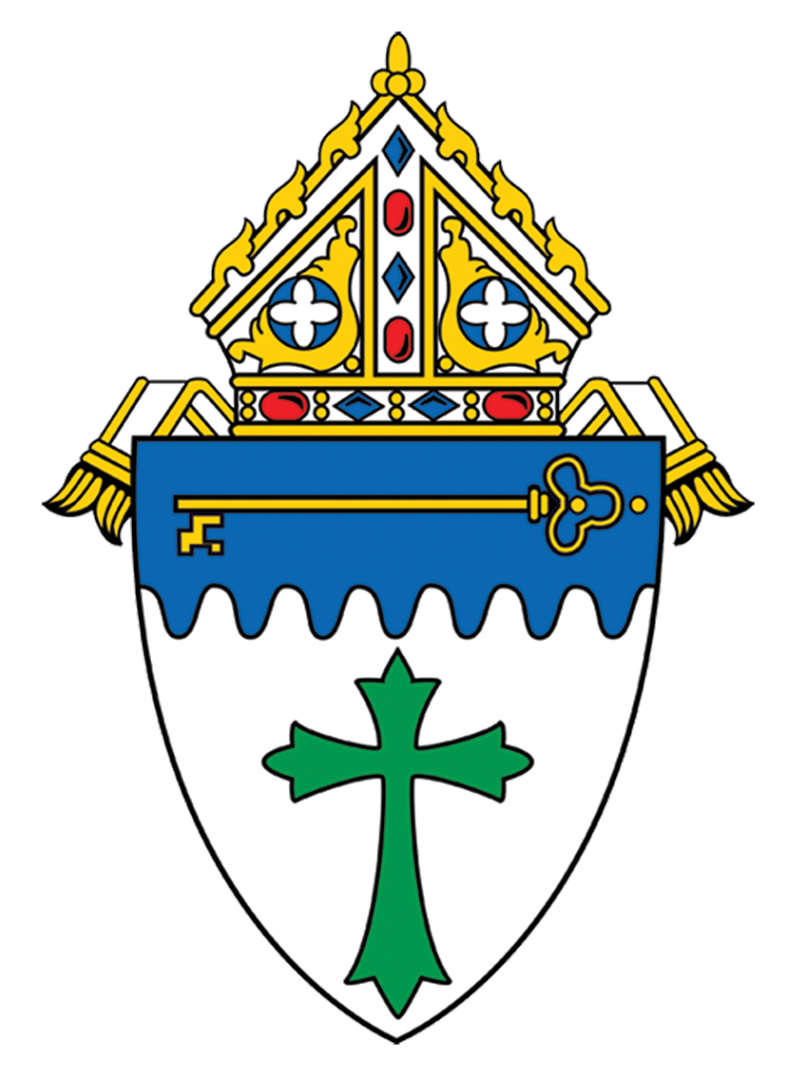RELIGION
Religion is taught daily and integrated into every aspect of our school day. Students come to know experientially all we believe as Roman Catholics. Daily prayers reinforce the values being taught formally. Students learn about Jesus’ mission and the parts of the Mass. The children will prepare for the sacrament of First Holy Communion. All students participate in school-wide liturgies as lectors and gift bearers during Mass. Students learn social and conflict resolution skills through our life skills and anti-bullying programs.
LANGUAGE ARTS
The third grade literacy curriculum consists of a combined strategy of subject areas, building upon earlier learning and further development in areas of reading, writing, grammar and communication. Students are taught reading strategies to make deeper meaning out of their reading. Students are encouraged in all steps of the writing process including brainstorming, drafting, revising, editing, illustrating and publishing. They edit and revise writing pieces based on ideas, organization, word choice and sentence fluency. Grammar is taught throughout the Journey's reading series. Spelling compliments each story as it is derived from the anthology and phonics skills. Students practice cursive writing using the Zane-Bloser method. Cursive writing is emphasized as an effective communication tool.
MATHEMATICS
Children experience math concepts through math games, manipulatives and writing activities. The students learn both computation and problem solving with a strong emphasis on addition/subtraction and multiplication/division facts. Writing and math skills are connected to problem solving in preparation for math assessments.

SOCIAL STUDIES
Students begin the year with a review of geography using different types of maps. They learn to read maps and apply the information to a unit on communities. Students learn about rural, urban and suburban communities.
SCIENCE
The curriculum is divided into four units: life science, physical science, earth science and health. We believe students learn best by discovering scientific investigation through hands-on experiences. Students are given the opportunity to work together on many different experiments where they will use prior knowledge to create hypotheses. Scholastic News enhances the science program. Life skills are tied into the health lessons.


